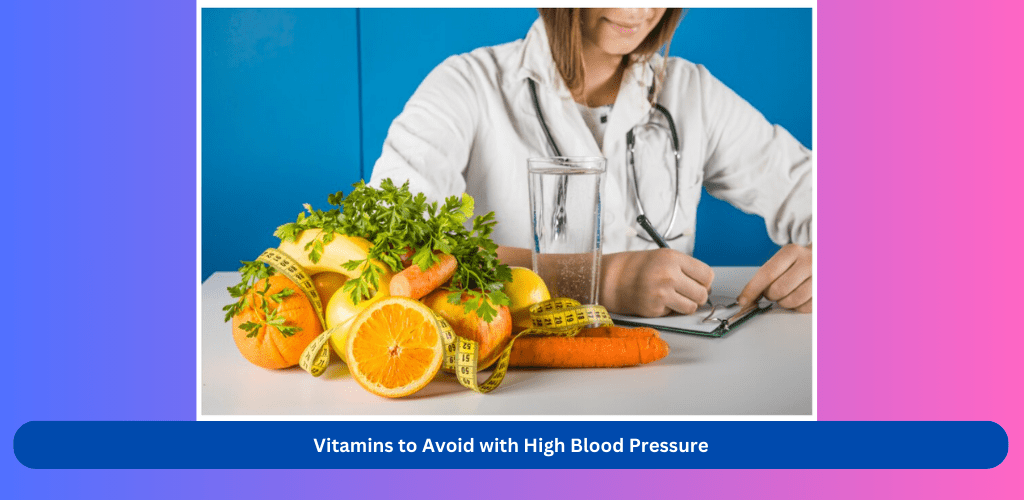In today’s fast-paced world, anxiety has become a common issue affecting millions of people worldwide. However, what many might not realize is that anxiety can have a profound impact on our physical health, particularly on our blood pressure. Understanding the connection between anxiety and high blood pressure is crucial for maintaining overall well-being.
Understanding the Connection
How Anxiety Affects Your Body
Anxiety triggers a cascade of physiological responses in the body, often referred to as the “fight or flight” response. This response is designed to prepare the body to face a perceived threat. When you experience anxiety, your body releases stress hormones such as adrenaline and cortisol. These hormones increase your heart rate and constrict your blood vessels, leading to a temporary rise in blood pressure.
The Link Between Chronic Anxiety and Hypertension
While occasional anxiety-induced spikes in blood pressure are normal, chronic anxiety can lead to sustained high blood pressure, also known as hypertension. Long-term activation of the body’s stress response can cause the blood vessels to remain constricted, making the heart work harder to pump blood. Over time, this can damage the cardiovascular system and increase the risk of serious health conditions such as heart disease and stroke.
Recognizing the Symptoms
Physical Symptoms of Anxiety-Related High Blood Pressure
Anxiety-related high blood pressure can manifest through various physical symptoms. Some common signs to watch for include:
- Rapid heartbeat
- Sweating
- Shortness of breath
- Chest pain
- Dizziness
- Fatigue
Psychological Symptoms of Anxiety
In addition to physical symptoms, anxiety can also present with psychological symptoms such as:
- Excessive worry
- Restlessness
- Irritability
- Difficulty concentrating
- Sleep disturbances
Managing Anxiety and Blood Pressure
Lifestyle Changes for Anxiety and Hypertension
Making certain lifestyle changes can significantly help manage anxiety and high blood pressure. Here are some effective strategies:
- Exercise Regularly: Physical activity can reduce stress and improve cardiovascular health. Aim for at least 30 minutes of moderate exercise most days of the week.
- Healthy Diet: Eating a balanced diet rich in fruits, vegetables, whole grains, and lean proteins can help lower blood pressure.
- Limit Caffeine and Alcohol: Both substances can increase anxiety and blood pressure. Reducing intake can help manage symptoms.
- Practice Relaxation Techniques: Techniques such as deep breathing, meditation, and yoga can reduce stress and lower blood pressure.
- Adequate Sleep: Ensure you get 7-9 hours of quality sleep each night to help your body recover from daily stressors.
Professional Help and Medication
If lifestyle changes alone aren’t enough, seeking professional help is crucial. A mental health professional can provide therapy to address anxiety, while a healthcare provider can prescribe medication to manage both anxiety and high blood pressure if necessary. Medications such as beta-blockers or anti-anxiety drugs can be effective in controlling symptoms.
Conclusion
Anxiety can have a hidden but significant impact on your vitamins to avoid with high blood pressure, leading to long-term health issues if not addressed. By understanding the connection between anxiety and hypertension, recognizing the symptoms, and implementing effective management strategies, you can take control of your health. Remember, seeking professional help is important if you’re struggling to manage these conditions on your own.

